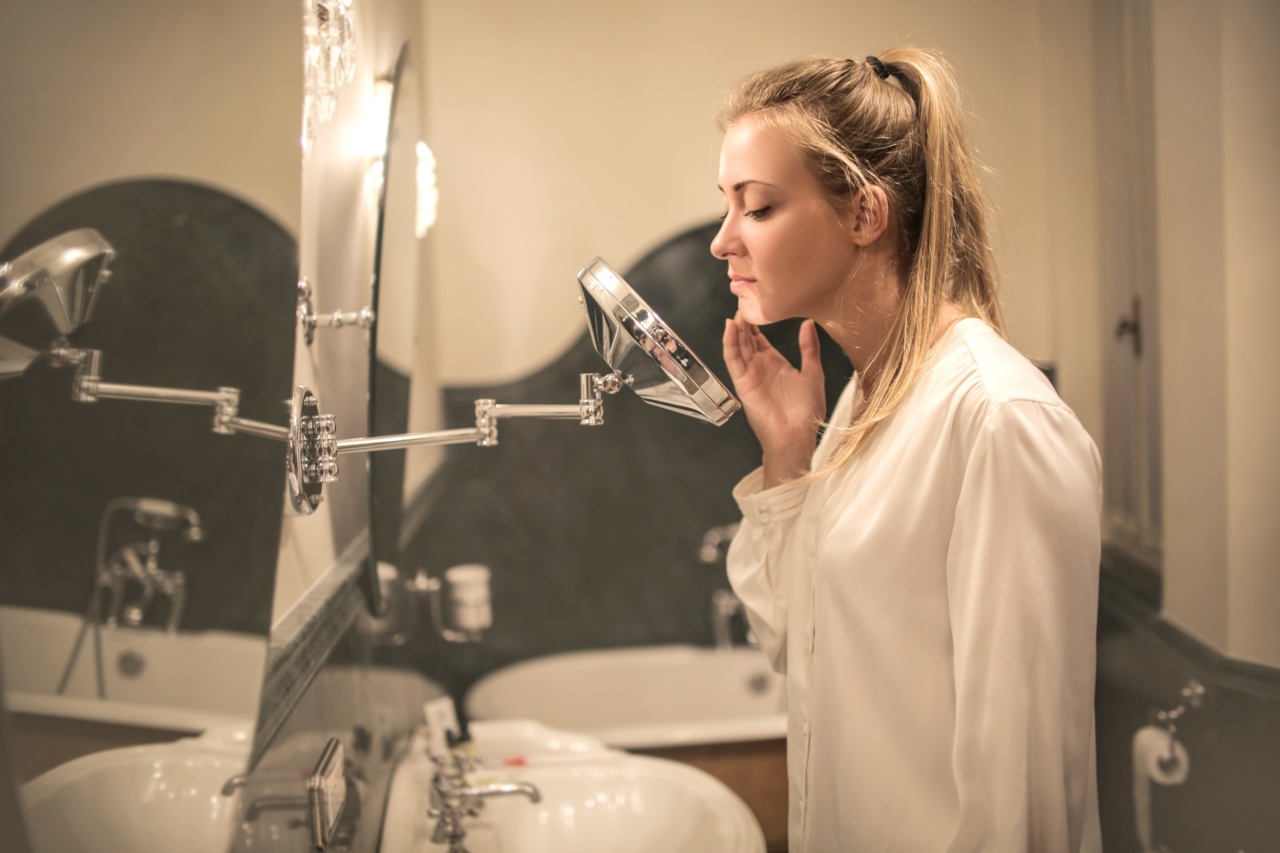Back acne, or bacne, can be frustrating and painful. It’s often caused by clogged pores, excess oil production, and bacteria. However, with a few simple habits and lifestyle changes, you can successfully treat and prevent back acne.
Here are 30 tips to help you achieve clear, smooth skin on your back.
1. Wear Loose Clothing
Tight clothing can irritate your skin and cause friction, which can lead to bacne. Wear loose clothing, especially when you’re sweating or exercising.
2. Shower After Sweating
Sweat can clog your pores and create the perfect environment for bacteria to thrive. Be sure to shower after sweating to remove excess oil, dirt, and sweat from your skin.
3. Avoid Harsh Soaps
Harsh soaps can strip your skin of its natural oils, leading to dryness and irritation. Choose gentle, pH-balanced soaps to cleanse your skin.
4. Exfoliate Regularly
Exfoliating removes dead skin cells and unclogs pores, preventing bacne. Use a gentle exfoliant once or twice a week.
5. Use Salicylic Acid
Salicylic acid penetrates deep into your pores and helps to unclog them. Use a salicylic acid-based body wash or spot treatment to reduce bacne.
6. Apply Benzoyl Peroxide
Benzoyl peroxide kills bacteria that cause acne and can help to reduce inflammation. Apply a benzoyl peroxide cream or gel to affected areas.
7. Use Tea Tree Oil
Tea tree oil has antibacterial and anti-inflammatory properties that make it effective in treating acne. Apply tea tree oil to affected areas with a cotton swab.
8. Wash Your Clothes and Bedding
Dirty clothes and bedding can harbor bacteria and irritate your skin. Wash your clothes and bedding regularly, especially if you sweat at night.
9. Avoid Relaxing in the Sauna or Steam Room
The sauna or steam room may seem relaxing, but the heat and humidity can aggravate bacne and cause it to flare up. Avoid these spaces if you’re prone to acne.
10. Don’t Pick at Your Skin
Picking at your acne can worsen the inflammation and lead to scarring. Avoid touching or picking at your skin, and let your treatment products do the work.
11. Take an Epsom Salt Bath
Epsom salts help to detoxify your skin and reduce inflammation. Add a cup of Epsom salts to your bath and soak for 20-30 minutes.
12. Get Enough Sleep
Lack of sleep can cause stress, which can trigger acne. Aim for at least seven hours of sleep each night to help keep your skin clear.
13. Avoid Sugar and Processed Foods
Sugar and processed foods can cause inflammation in your body, which can lead to acne. Cut back on these foods and focus on whole, nutrient-dense foods instead.
14. Drink Plenty of Water
Drinking water helps to flush toxins from your body and keep your skin hydrated. Aim for at least eight glasses of water each day.
15. Use a Clean Exfoliating Tool
When exfoliating, use a clean sponge or loofah to prevent the spread of bacteria. Wash your exfoliating tool after each use.
16. Get Enough Vitamin D
Vitamin D helps to regulate your immune system and reduce inflammation. Spend some time in the sun each day or take a vitamin D supplement.
17. Avoid Pore-Clogging Products
Some hair and skincare products can clog your pores and aggravate bacne. Look for products labeled “non-comedogenic” to prevent breakouts.
18. Use a Back Scrubber
A back scrubber can help you reach difficult areas on your back and exfoliate your skin. Use a gentle back scrubber to avoid irritation.
19. Reduce Stress
Stress can cause hormone fluctuations that lead to acne. Practice stress-relieving techniques like yoga, meditation, or deep breathing.
20. Use a Humidifier
Dry air can cause your skin to dry out and become irritated, which can lead to acne. Use a humidifier to add moisture to the air.
21. Take a Zinc Supplement
Zinc is important for healthy skin and can help to reduce inflammation. Take a zinc supplement or eat zinc-rich foods like oysters, beef, and pumpkin seeds.
22. Try an Acne-Fighting Body Mask
Body masks can help to detoxify your skin and reduce inflammation. Look for masks with ingredients like bentonite clay, charcoal, or sulfur.
23. Moisturize Your Skin
Moisturizing your skin helps to keep it hydrated and prevent dryness and irritation. Choose a moisturizer labeled “non-comedogenic” to avoid clogging your pores.
24. Use Witch Hazel
Witch hazel has astringent properties that can help to shrink your pores and reduce inflammation. Apply witch hazel to your back with a cotton ball.
25. Get Enough Exercise
Regular exercise can help to reduce stress, boost your immune system, and improve circulation. Aim for at least 30 minutes of exercise each day.
26. Take a Probiotic
Probiotics can help to balance the bacteria in your gut, which can improve your skin’s health. Take a probiotic supplement or eat probiotic-rich foods like yogurt and sauerkraut.
27. Use Aloe Vera
Aloe vera has anti-inflammatory properties that can soothe irritated skin. Apply aloe vera gel to your back to reduce inflammation and redness.
28. Avoid Hot Showers
Hot water can strip your skin of its natural oils, leading to dryness and irritation. Take lukewarm showers instead.
29. Try a Spot Treatment
If you have a stubborn acne spot, use a spot treatment to reduce inflammation and redness. Look for products with ingredients like sulfur or tea tree oil.
30. Visit a Dermatologist
If your bacne is severe or doesn’t respond to at-home treatments, visit a dermatologist. They can recommend prescription-strength acne treatments or offer other solutions to help clear your skin.































